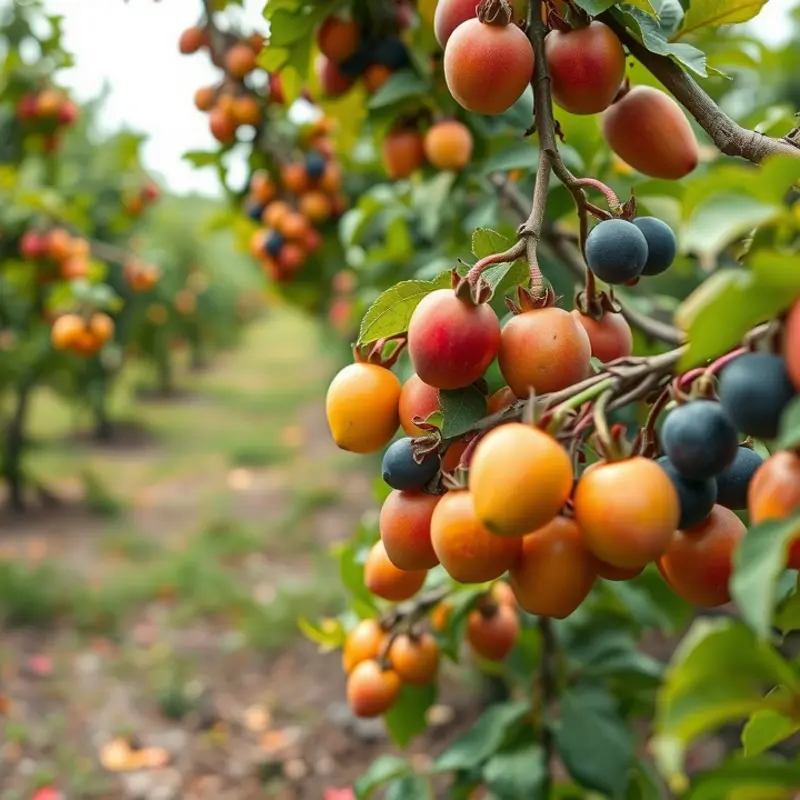Nutrition literacy plays a vital role in empowering seniors to make informed dietary choices. As we age, nutrient needs change, and understanding food labels, portion sizes, and healthy eating habits becomes essential. This guide will equip health-conscious adults with the knowledge needed to navigate these choices effectively, leading to improved well-being and longevity.
The Basics of Nutrition for Seniors

Understanding the essentials of nutrition becomes increasingly crucial as we age. Our bodies undergo various changes, affecting nutrient absorption and requirements. Seniors, therefore, need a diet rich in specific vitamins, minerals, proteins, and healthy fats to maintain optimal health.
Vitamins and Minerals
As we age, our bodies might not absorb nutrients as efficiently as they used to. Essential vitamins like B12, crucial for nerve health and blood formation, often require supplementation. Calcium and vitamin D are vital for maintaining bone density, reducing the risk of osteoporosis. Iron helps combat anemia, while magnesium supports muscle function and nerve health. Including a variety of fruits, vegetables, whole grains, and dairy or fortified alternatives ensures a robust intake of these nutrients.
Proteins
Proteins are the building blocks of the body, integral for maintaining muscle mass, which tends to decline with age. Incorporating lean meats, poultry, fish, beans, and legumes into meals is beneficial. For seniors who might face challenges with chewing or digestion, softer options like eggs and tofu can help meet protein needs. Consider minimal prep dinner ideas to integrate adequate protein without extensive cooking.
Healthy Fats
Omega-3 fatty acids, found in fatty fish like salmon and walnuts, are crucial for heart and brain health. They help reduce inflammation and are linked to a lower risk of chronic diseases. Olive oil, avocados, and nuts provide monounsaturated fats that support cholesterol balance and overall cardiovascular health.
Reading Food Labels
For seniors, understanding food labels is vital for making informed dietary choices. Pay close attention to serving sizes, as they’re often smaller than expected. Ensure you’re getting the nutrients you need by checking the label for fiber, protein, and key vitamins and minerals. Limit intake of added sugars and sodium, which contribute to health issues like hypertension and diabetes.
Portion Sizes and Variety
As metabolism slows, portion control becomes important to prevent weight gain. Using smaller plates can help regulate portion sizes, ensuring a balanced intake without overeating. Incorporating a colorful variety of foods into meals ensures a range of nutrients. Brightly colored fruits and vegetables are often rich in antioxidants, which combat oxidative stress and support immune health.
In conclusion, navigating nutrition in the golden years doesn’t have to be daunting. By focusing on essential nutrients and understanding portion sizes, seniors can enhance their health and well-being. It is about making informed, mindful choices—embracing foods that nourish both the body and spirit, without sacrificing the joy that comes from eating well.
Building a Balanced Diet: Practical Tips

Creating a balanced diet is essential for seniors aiming to maintain optimal health and well-being. The first step is understanding how to incorporate a variety of food groups into everyday meals, ensuring all nutritional needs are met. Incorporating lean proteins, whole grains, fruits, and vegetables allows for a diverse and nutrient-rich diet.
Meal Planning Strategies
When planning meals, aim for a plate that is half vegetables and fruits, one-quarter whole grains, and one-quarter protein. This balance ensures a range of essential nutrients. Choose seasonal and colorful vegetables, as they offer a variety of vitamins and antioxidants vital for body functions. Lean proteins such as poultry, legumes, or fish are excellent choices. Fish, for instance, provides essential omega-3 fatty acids, which can support cardiovascular and brain health.
Prepare meals in advance to avoid last-minute unhealthy choices. Batch cooking can be helpful; making large portions and freezing them for later use can save time and effort. Consider practical ingredient batching, where larger quantities of staples like grains or beans are cooked at once, then used throughout the week in different dishes. More on efficient meal prep can be found here.
Cooking Tips
When cooking, opt for methods such as steaming, grilling, or baking instead of frying. These techniques preserve the nutritional content of the food and reduce unnecessary fat intake. For enhancing flavor without extra salt, use herbs, spices, or lemon juice. These can elevate dishes while adhering to low-sodium dietary needs.
Simple Recipes
Creating simple recipes can help encourage a balanced diet. A vegetable stir-fry with tofu or chicken over brown rice is a quick, nourishing meal. Alternatively, a hearty lentil soup with plenty of mixed vegetables provides ample fiber and protein while being easy to prepare and store.
For a refreshing salad, mix leafy greens, cherry tomatoes, cucumbers, and avocados, topped with grilled salmon or chickpeas for protein. Dress the salad with olive oil and lemon juice for a heart-healthy option.
Emphasis on Hydration
Hydration is crucial for senior health, affecting everything from digestion to cognitive function. Aim for at least eight glasses of water daily, allowing for alternatives like herbal teas or fruit-infused water for variety. Adequate hydration supports metabolism and helps maintain energy throughout the day.
Maintaining a balanced diet tailored to the needs of seniors involves thoughtful meal preparation and mindful choices. By combining various food groups and focusing on nutrient-rich options, seniors can enjoy meals that support their overall health, ensuring a more vibrant and active lifestyle.
Final words
Nutrition literacy is a powerful tool for seniors, enabling them to make informed choices about their diets. By understanding essential nutrients, food groups, and how to create balanced meals, seniors can enhance their health and quality of life. Embracing these concepts allows individuals to age gracefully while enjoying the culinary delights that nourish their bodies. Adopting a mindful approach to eating not only supports physical health but also contributes to mental and emotional well-being.







